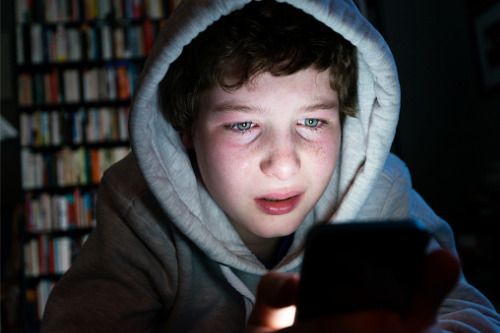
With the internet becoming an integral part of many Australian children’s lives, many young people are also being increasingly exposed to the perils of cyberspace.
According to recent data from the Office of eSafety Commissioner, there has been a 28% rise in young people experiencing cyberbullying and a 42% increase on those saying they had unwanted contact online. A separate study from the agency also that revealed 44% of teens have experienced something negative online in the past year.
The situation has posed a great challenge to parents and teachers who are tasked with empowering young people to become positive contributors to the digital world.
In a blog post, the eSafety office noted how cyberbullying can have a detrimental impact to a child’s wellbeing.
“Online bullying can take many forms, but one of the most common is posting comments, images or videos that make someone feel bad about themselves,” the agency wrote. “It can have a lasting impact on your child’s self-esteem and relationships with other people.”
Once this happens, it may be tempting for concerned parents to rush to their children’s defence. However, the office warned that doing so can make the situation worse.
“Defending your child by attacking the one who is responsible for the bullying behaviour is never a good idea,” according to the agency. “Don’t post critical comments about the other child, send them direct messages, or confront them in person – you could also be accused of bullying yourself!”
“Dealing with the issue publicly is likely to bring more attention to the conflict and encourage others to join in. That can lead to your child being teased about telling an adult or result in even worse cyberbullying.”
When dealing with a cyberbully, the eSafety office advised parents to stay calm and take time to explain what had happened to their child, adding that taking a peaceful approach to the issue can also allow them find sensible solutions.
The office said that discussing the conflict with the other child’s parent or guardian might seem a good idea, but even that could lead to other problems.
“Even if you know them, it can be difficult to sort out issues like cyberbullying on your own,” the agency wrote. “No one likes to hear their child is being mean to others, so you may get into an argument.”
According to the eSafety office, the best approach might be to ask the school to set up a meeting with the other family as cyberbullying is often “an extension of what is happening in the classroom or playground.”
When the time comes to meet the other party, the agency advised parents to avoid being confrontational.
“Be careful not to make too many assumptions or accusations,” the office wrote. “Sometimes there’s more than one side to the story – the other child could even be reacting to being bullied themselves.”
“Remember that young people make mistakes. They need to be given the chance to understand the impact of their words or actions, and to help fix the damage. They are more likely to change their behaviour towards your child – and others – if you show empathy and compassion instead of focusing on punishment or revenge.”
The agency added that parents can also empower their children to deal with the conflict themselves through guidance and advice, instead of making all the decisions for them.
“This gives them the skills to work out sensible solutions, in case they ever face a similar issue again,” the office wrote.


